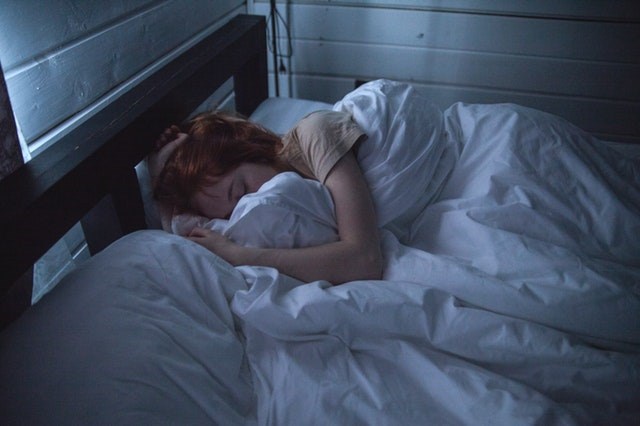Three Common Sleep Myths Debunked

Sleep is a necessity to all living things, but it seems that humans have trouble getting enough of it. According to the Center for Disease Control and Prevention (CDC), around 35% of adults get less than the recommended 7 hours of sleep every night.
In the past, researchers have linked insufficient sleep to a range of physical and mental health problems, including obesity, diabetes, multiple heart conditions, and depression. Because of, many have begun to wonder if there are misconceptions about what proper sleep hygiene contributing to the sleep deprivation crisis.
Rebecca Robbins, a postdoctoral researcher in the Department of Population Health at New York University’s (NYU) Langone Health and her colleagues released new findings from their study in the journal Sleep Health. The researches reviewed over 8000 websites in order to find the most common beliefs about sleep. Then they determined if the beliefs could be dispelled as myths, if there was any scientific research to back them, and considered how the beliefs could damage health."Sleep," explains Robbins, "is a vital part of life that affects our productivity, mood, and general health and well-being...Dispelling myths about sleep promotes [more healthful] sleep habits, which, in turn, promote overall better health."
Robbins and her colleagues isolated three of the most common myths about sleep:
- A person can function on 5 or fewer hours of sleep.
- Loud snoring is normal
- Drinking alcohol before bed helps sleep
Five Hours or Less
The belief that humans can properly function on five hours or fewer of sleep is probably the most likely to cause problems long-term. This belief is normally coupled with the belief that napping during the day makes up from depriving yourself of sleep from the night before. It’s advised to create a normal sleep schedule that will allow for the recommended 7 hours of sleep.
Loud Snoring is Normal
Contrary to belief, snoring is normally associated with sleep apnea, a condition which affects 18 million adults in the US. If left untreated, sleep apnea can lead to heart attacks, strokes, or even depression. Robbin’s and her colleagues encourage those who snore to talk to their doctor about it, saying that the best case scenario is that the snoring is harmless.
Alcohol Before Bed Aids Sleep
It has always been a belief that consuming alcohol can help with anything from toothaches to restless sleep. When it comes to sleep, this is far from the truth. Alcohol actually prevents the consumer from having a restful, deep sleep and can cause the person to feel just as tired as they were before.
